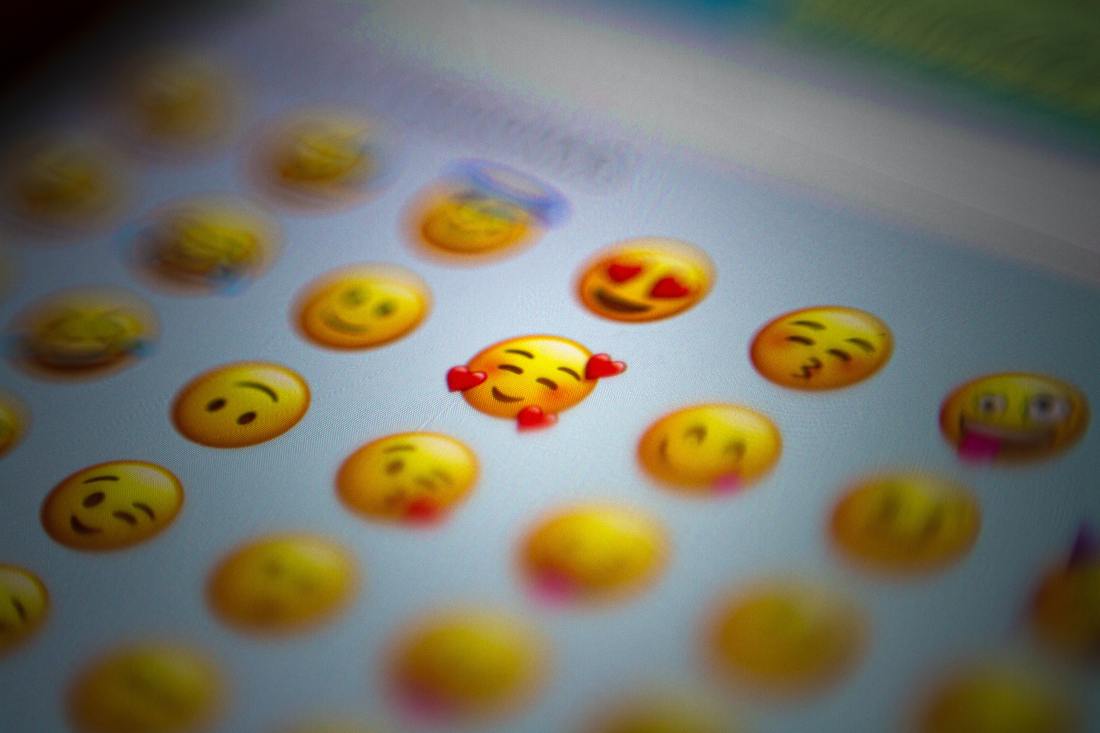Human emotions. You might be thinking, ew. Admittedly, they’re difficult to sit with for many. They are, at times, so uncomfortable that most of us would rather find distractions from them than deal with our emotions head-on. Distractions can range from relatively benign activities, such as watching movies, shopping, and hanging out with friends, to outright destructive ones, such as binge-drinking alcohol, having sex with strangers, and trying recreational drugs.
Some people may feel too much of every little emotion, while others are seemingly devoid of human emotion. How does one find homeostasis? Why do some people achieve homeostasis effortlessly while others are constantly teetering back and forth on the see-saw of emotional lability?
When I was a child, I used to imagine God or perhaps a God-like figure standing over a cauldron creating every single human being while mumbling to himself, “one part emotion, four parts logic, four parts emotion, one part logic, three parts emotion, two parts logic, and so on…” Even as a teenager, I fantasized about this happening as a part of human creation. It gave me a chance to explain to myself why some people were more emotional and intuitive while others preferred logic and reasoning. I wondered how much of a role nature played in this development versus the nurturing role of kind, well-meaning parents. I also questioned if someone was born to be emotional and intuitive, could they one day change and become logic-oriented? Or would some unknown forces always force us back to our natural selves?
Dealing with emotions and feelings is a learned behavior. None of us are born with an innate sense of how to handle our emotions, let alone the feelings and urges of other people. Unless someone explicitly tells us how they feel, we can only conjecture. While you may be able to pick up on someone’s mood based on their facial expressions, their actions, or their movements, people can conceal true feelings if, for some reason, they wish to do so. This is why sometimes the best we can do is guess how someone feels unless they tell us. Communicating to one another about our feelings, whether we show them or hide them and the reasons behind doing so, is also something that one must learn. Often, until people are in their first relationship, they rarely, if ever, consider their feelings or those around them. It may shock them how often they have been ignoring the needs of those around them and even their own emotional growth.
At some point in our lives, everyone should grab a book and read about human emotions, perhaps from a psychological or sociological perspective. Learning about human emotions and feelings should be normalized and become part of everyone’s learning curriculum. Attending therapy or counseling to help you draw insight into your thoughts and feelings is a great way to gain perspective and understanding of how you’re feeling and how others might be feeling. Going to see a therapist is becoming much more prevalent every day. Even if you don’t think you have real issues or problems, seeing a therapist can always offer a new perspective that you may not have considered yourself.
I recently heard a portion of an animated Disney cartoon where the characters were named after emotions, and each character completely personified each of those emotions. I guess the television cartoon was almost comparable to each of Snow White’s seven dwarves. How great, I thought, that children could learn about these emotions at such a young age and in a fun and dynamic way. Yet, learning to identify and speak about your own emotions is a different can of worms.
One of the hardest things to ever understand might be human emotions. So many reasons, factors, and motivations play a role in every emotion we have. Most people would rather ignore the existence of emotions altogether and instead live a life of ignorant bliss. We might never truly understand emotions, but that doesn’t mean we should stop trying to explain how we are feeling or doing to our close friends, family, and significant others. After all, feelings, emotions, and intuition are what make us human.
